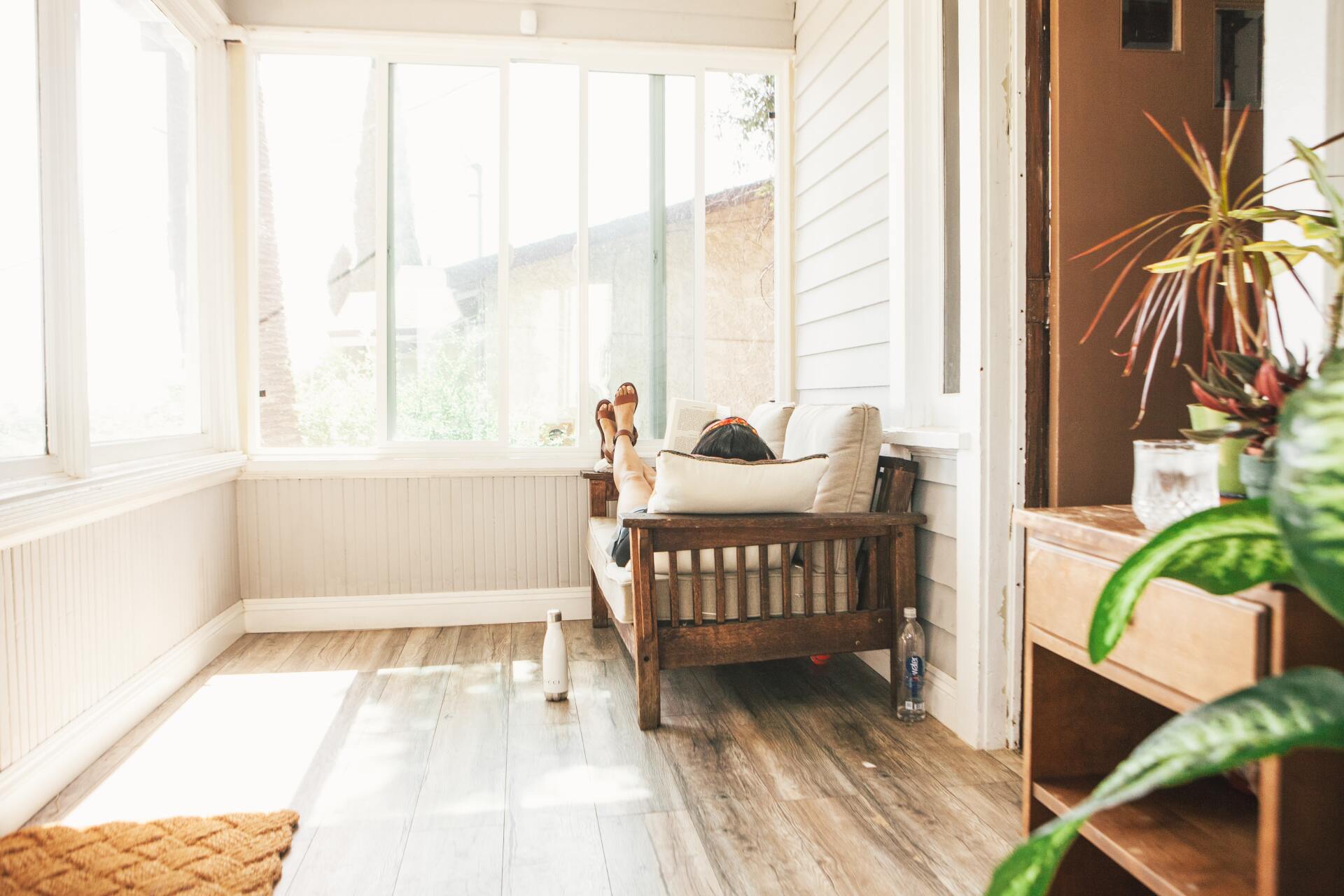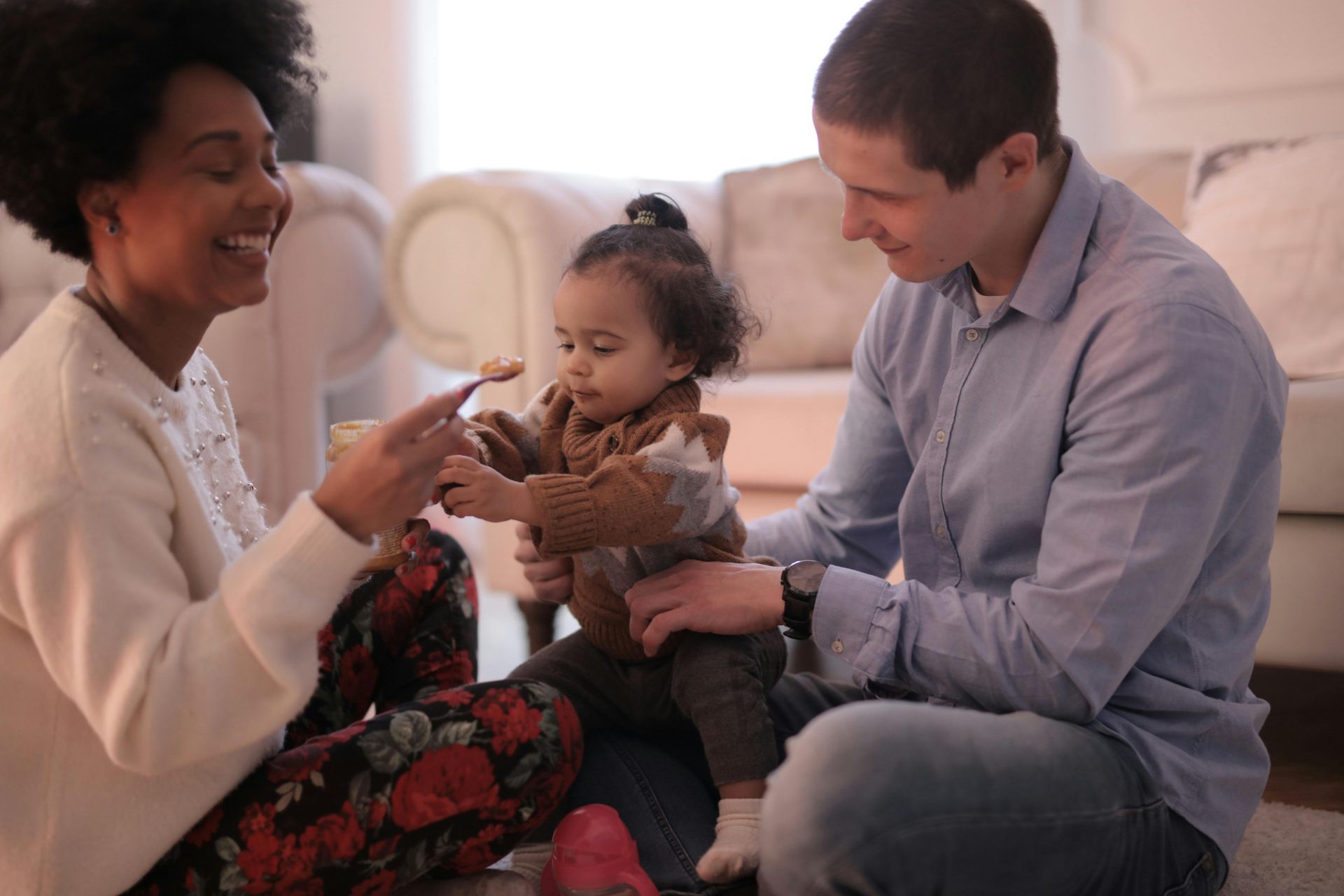Adult coloring books and 1,000-piece puzzles have never really been my jam, but lately? Well, lately I’m a little more open.
Between the contentious election and the pandemic, between having two kids stuck at home with each other almost 24-7 and caring for a full panel of pediatrics patients waiting to get their COVID swabs, things have been beyond stressful. And, like Mamas everywhere, I’m willing to give just about anything a try if it might help relieve some of the pressure.
Getting Centered
We all know that one of the best ways to walk back stress is with mindfulness. Being present in the moment — learning when you need to step back and just breathe, or when you need to surrender to the moment and fully immerse yourself in the experience — requires ongoing practice while offering exponential rewards.
There are easy steps you can take to practice mindfulness (and we’ll get to those in a minute), but for real, lasting change in the stress-management department, you have to do the work to develop what I call a centered vision.
Creating a centered vision for your life starts with imagining how you’d like your life to look, or where you want to be in five years. A lot of people talk about pursuing your dreams, but this is more precise. It’s identifying very specifically what you want (in your career, in your relationships, as a parent, personally) and, just as important, what is holding you back.
I explore this concept, including how to build your life around it, in more depth during my Mama Reset Self-Care Retreat (At Home). And it’s been hugely helpful to me in times of stress (2020) and relative calm (virtually any other year). When you live according to your own personal centered vision, you gradually train yourself to focus on what matters to you. It helps keep you moving in the direction you choose for your life.
But what do you do when the news, the changing landscape of modern life (e.g., will school be in person today or remote?), and of course the daily to-do lists all begin to eat up more and more of your brain space?
WORKING TOWARD MINDFULNESS
Like you and everyone else we know, I still look for ways to stay mindful and present in the day-to-day. And that’s why I currently have eight dinner table-sized puzzles in heavy rotation. There’s a watercolor seascape. There’s a glow-in-the-dark number. There’s even one of the “Choose Positivity” variety. Each weekend, my husband and I dump out the pieces, get to work on the edges, and, in between walks around the block and some cozy Special Time with our girls, aim to focus on what’s right in front of us instead of what we’ve survived over the last nine months. Or even what’s around the corner for the rest of this winter.
Puzzles not your thing? That’s okay — here are some more ways to move toward mindfulness:
1. There’s an app for that
These days, there’s an app for virtually anything and everything you need, including self-care. One of the best for us Mamas, however, is Mindful Mamas, which offers content specifically designed for moms and moms-to-be. The app includes guided meditations, mantras, and breathing and mindfulness techniques tailored to your stage of motherhood. And if you want to learn more, I’ll be sitting down with the voice behind the app, Carina Devi, during my podcast at the end of this month!
2. Actually, there are several apps for that.
Kids feel the stress as much as we do. And learning mental and emotional resilience today will help them tomorrow. Check out kid-friendly versions of meditation on Cosmic Kids and Headspace. (Note: Both Cosmic Kids and Headspace go well beyond meditations for kids. Cosmic Kids offers yoga and activities that are entertaining enough that the meditation part gets slipped in for unnoticed benefits. And Headspace offers specific meditation practices for parents, so your entire family can find a practice suited to their individual needs.)
3. Create a calm-down space at home.
Since we are all still more or less homebound for the next few months (at least), it’s worth the investment to create spaces that help us unwind. My oldest daughter, who is highly sensitive, found she could actually sleep better in her room once we kitted it out with a few posters and pillows from her favorite “Descendants” movie. My younger daughter has dedicated the teepee in her room as her calm-down space. Even my husband and I have a version of a calm-down space in our bedroom; soft blankets and drapes create an oasis where we can retreat at the end of the day. Of course, creating a calm-down space for kids doesn’t have to be permanent or expensive: set a budget of $50 to $75 to pick out a few things — weighted blankets, soft lighting, wall decals, a new lovey — that will help quiet your child’s mind when things get to be too much.
Practicing Mindful Self-Compassion
The beautiful part about laying claim to a corner of the house for a calm-down space? You can use it even after your lives get back to some version of normal. When they act out, kids do better if they’re offered time and space to calm down (rather than being sent away for a punitive time-out), so a calm-down space can become an ongoing resource for them to learn how to handle their bigger emotions. (For more on this and other gentle parenting techniques, check out my Navigating & Regulating Children’s Big Emotions.)
And Mama, I know we can use our own version of calm-down time, too. There are so many resources out there for helping us replenish our emotional energy, and two of my favorites are:
1. Practicing mindful self-compassion.
Dr. Kristen Genzano from the Portland Center for Self-Compassion recommends checking in with yourself daily to pause, breathe deeply, and ask yourself what you need, whether it’s a stretch, a breath, or some other reset to restore your equilibrium.
2. Practicing self-care.
It’s a subject I’m passionate about, and it was the basis for my free, downloadable guide, “4 Keys to a Sustainable Self-Care Plan.” It covers all the bases, including how to make self-care work for you and how to come back to self-care when things get crazy. Because if this year has taught us anything, Mama, it’s that things always get crazy. But we have within us the ability to handle the craziness with gentle grace and compassion.













